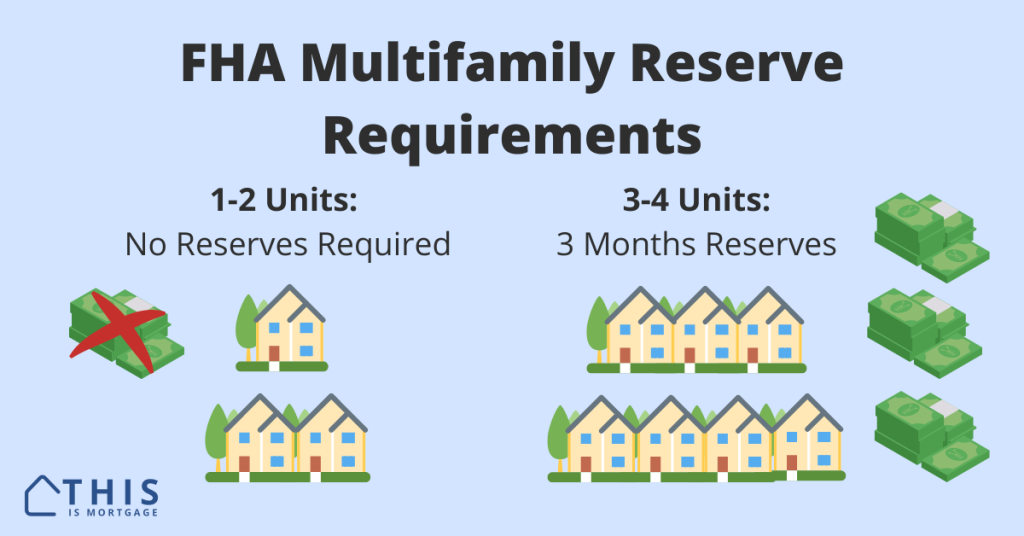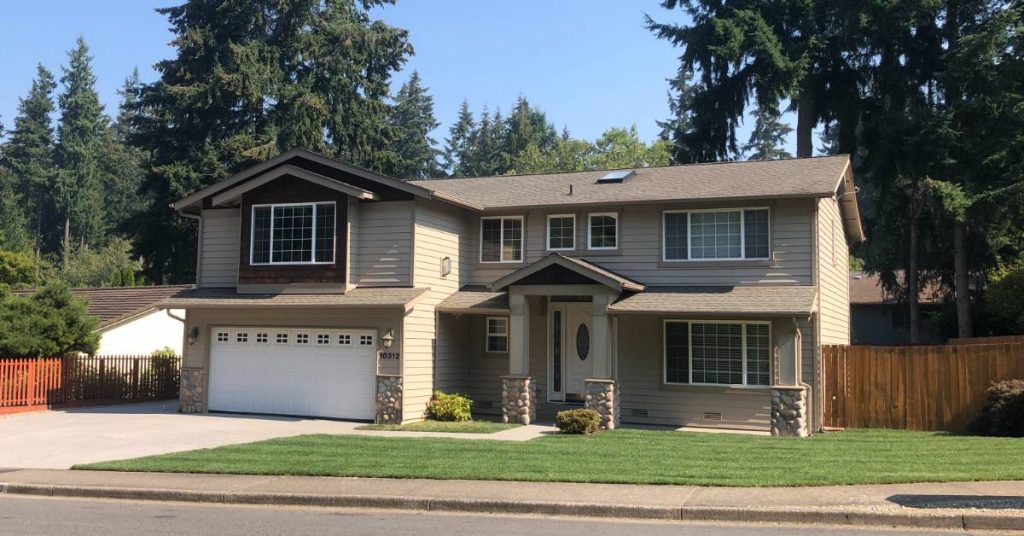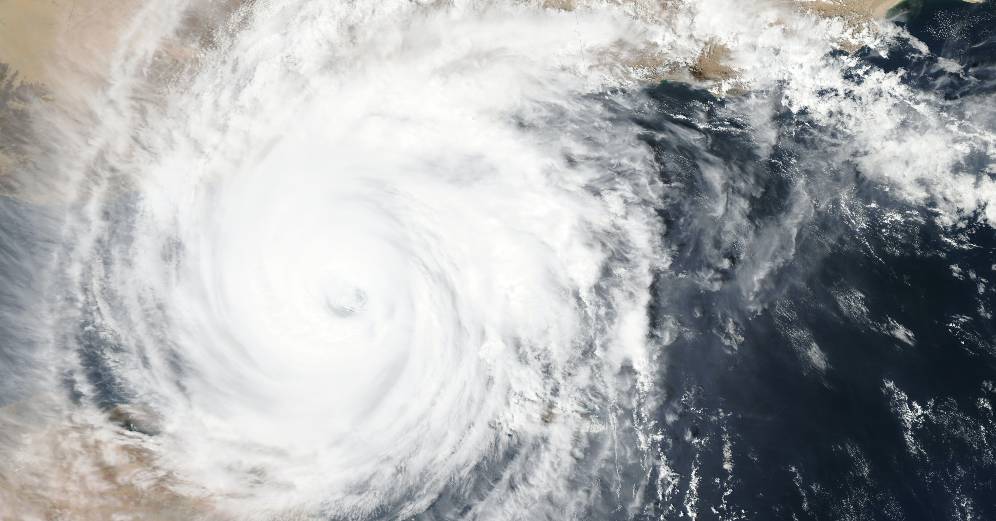Some loan programs require reserves, or extra funds “in reserve” after the down payment and closing costs are paid for.
So, does FHA require reserves on a duplex, triplex, or fourplex?
Does FHA require reserves on 2-4 unit properties?
Here are reserve requirements for FHA:
- 1-2 units: No reserves required
- 3-4 units: 3 months of reserves required
Triplexes and fourplexes are a bit harder to qualify for due to this guideline.
Related: FHA Self-Sufficiency Test Calculator for 3-4 Unit Properties
Contact a lender about your multifamily home purchase.
Other situations that require reserves for an FHA multifamily
You also may need reserves in the following cases.
High debt-to-income ratio (DTI): Your DTI is a comparison of your total payment plus other debts and monthly income. If your DTI is over 43% and you don’t have other compensating factors like a high credit score, you need 3 months of reserves for a 1-2 unit property or 6 months reserves for 3-4 unit property.
Manually underwritten loans: Most FHA loans are examined by a computer algorithm. However, some files can’t be analyzed correctly with this method so a human looks at the file. This is called a manual underwrite. For these loans, you need one month of reserves for a 1-2 unit property and three months of reserves for a 3-4 unit property.
Reserve requirements for other programs
| Loan Type | 1 Unit | 2 Units | 3 Units | 4 Units |
| FHA | 0 | 0 | 3 | 3 |
| Conventional | 0 | 6 | 6 | 6 |
| USDA | 0 | n/a | n/a | n/a |
| VA | 0 | 6 | 6 | 6 |
Some reserves may be required for any program and unit count as a compensating factor for weaker files.
Request a call from a lender about your multifamily purchase.
What are “reserves”?
One month of reserves is equal to one month of the full house payment including principal, interest, mortgage insurance, property taxes, homeowners insurance, and HOA dues, if any.
Here’s an example.
| FHA loan | $300,000 at 6% |
| Principal & interest payment | $1,799 |
| FHA mortgage insurance | $216 |
| Property tax | $300 |
| Homeowners insurance | $75 |
| HOA dues | $50 |
| One month of reserves | $2,440 |
In this case, three months of reserves would equal $7,320.
FHA multifamily reserves example
Taking the example above a bit further, assume you’re buying a triplex with an FHA loan for $311,000. You know you’ll need 3 months of reserves after paying all other costs associated with the loan. What total assets will you need to buy the home?
| Cost | Amount |
| 3-unit home price | $311,000 |
| Down payment (3.5%) | $11,000 |
| Closing costs* | $7,000 |
| 3 months of reserves (full monthly payment of $2,440)* | $7,320 |
| Total cash needed to qualify | $25,320 |
*All costs are estimates and for example purposes only.
Even though FHA requires just a 3.5% down payment, the costs needed to qualify can add up. Make sure you have adequate assets built up from eligible sources.
Where can FHA reserves comes from?
Reserves can come from almost any source that could be liquidated to make the payment in case of an emergency. This, after all, is why FHA multifamily lenders require reserves in the first place – as a safety cushion in case you can’t make the payment.
Acceptable reserve sources are:
- Checking and savings accounts
- Cash that has been deposited into a financial institution
- 60% of retirement account balances
- Stocks and bonds (they do not have to be sold to count as reserves)
- Private Savings Club
To prove reserve amounts, supply the lender with two months of history with official statements from each financial institution.
Get an FHA multifamily rate quote from a lender. Start here.
Ineligible reserve sources
You may not use as reserves:
- Gift funds
- Any funds received at closing from the transaction
- Borrowed funds
- Equity from another property
- Cash not deposited to a financial institution
Why does FHA require reserves?
FHA wants to protect lenders and borrowers from default. It wants to make owning multifamily properties safer for both. So, in some cases, it requires emergency funds in case of a job loss, medical emergency, or inability to find a tenant.
For instance, if you have 3 months of reserves in the bank after closing, you have a much longer window to find a new job, a new renter, or recover from another financial setback.
With no reserves, you would be late on your mortgage payment almost immediately, causing undue stress on all parties.
While it may seem like an unnecessary requirement, none of us knows the future. It’s always a good idea to have resources to pull from when you’re a homeowner, especially one who owns a multifamily property.
How to build reserves for an FHA multifamily property
While you can’t use certain funds for reserves themselves, you can use them for your down payment and/or closing costs, leaving you with more in the bank after closing to count as reserves.
Gift funds: You can use gifts from relatives for up to 100% of your down payment and closing costs. The less personal cash you need for the down payment and other costs, the more you’ll have after closing for reserves.
Seller, lender, builder, or Realtor credit: You can’t use funds from someone who is involved in the transaction for the down payment, but you can use it for closing costs. For example, if total closing costs equal $7,000, you can get a seller credit to cover this entire amount. This leaves you with an extra $7,000 to use toward reserves.
Get down payment assistance (DPA): DPA programs can cover your entire down payment when using an FHA loan. Research local down payment loans and programs from state and city governments. You might be surprised at what you can get, even for a multifamily property. A $10,000 assistance grant toward your down payment means that much more in your “reserves” bucket.
Temporarily divert retirement contributions: A temporary strategy could be to reduce or stop contributing to a retirement account for a time when you’re preparing to buy a multifamily property. Instead, place all extra funds into a checking or savings account. You can only count 60% of retirement funds as reserves, but you can count 100% of liquid assets as reserves. Keep in mind, though, that retirement contributions are often not taxed, so your tax liability may go up.
Any way you can increase your savings or decrease the out-of-pocket amount for your down payment or closing costs will help you build reserves.
Related: FHA Loan Duplex Calculator: Single-Family vs Multifamily Costs
FHA multifamily reserves: bottom line
With good credit, you may not need extra funds after the down payment and closing costs at all if buying a duplex. But, a 3-4 unit will always require reserves. Plus, it’s a good idea to have extra cash, especially if you own a multifamily property.
With a little planning and strategy, you can build the reserves needed to buy a 2-4 unit property with FHA.
Speak to a loan professional to start your multifamily purchase.




